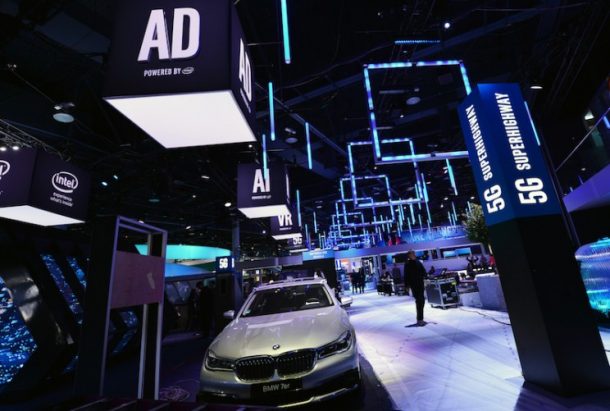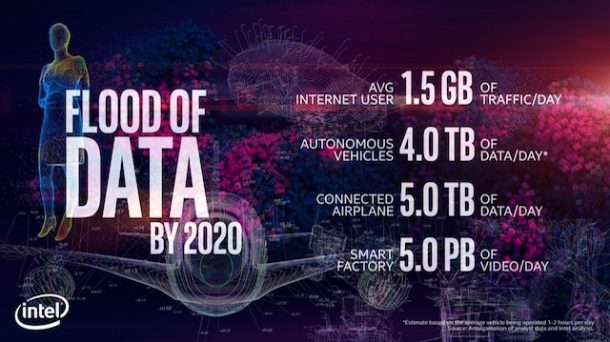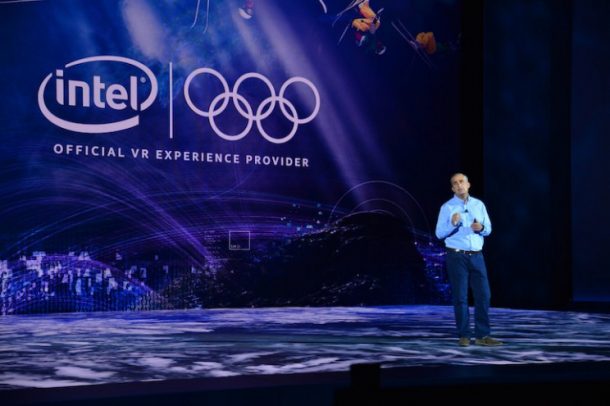Intel is planning to build the next generation of autonomous vehicles. Intel’s CEO, Brian Krzanich, told the audience about his ambitious vision of the future during CES 2018. During the exhibition, AI, 5G connectivity, and big data were all the main talking points.

Intel and its acquisition, Mobileye, are excited to showcase their latest iteration of Mobileye’s REM platform. The HD mapping system will use data collected from REM enable vehicles to create maps of all the roads the cars traveled on. These maps will then be used in the autonomous driving systems.
This year’s theme for CES was data and connectivity, and how these two ideas can be used together to create a more sustainable, convenient and efficient world. The team is working hard to map the roads of the world. Krzanich said that over 2 million cars from BMW, Nissan, and Volkswagen will be used in the project. All these cars will have REM technology in them to crowdsource huge amount of data to build economical and scalable HD maps.

Once these maps are created, it will become very helpful to build autonomous cars. The collected data will be used to create maps and will inform other autonomous systems and a building foundation for real-time driving data. Using cloud, the vehicle can continuously be updated about the road conditions, traffic and any hazards that might have occurred.
Krzanich also announced partnerships in the Chinese Market with SAIC Motor and digital mapping company NavInfo. SAIC will develop a level three, four and five autonomous cars using the Mobileeye REM technology. While closing the presentation, Intel’s CEO also showcased the company’s new automated driving platform. It uses the automotive-grade Intel Atom processors with the possibilities of Mobile EyeQ5 chips. These are the chips that will create level three, four and five autonomous cars.

During the presentation, Intel kept the theme of data and connectivity in every aspect. It was expressed by Intel saying, “To power the technology of the future and create amazing new experiences, we need to unlock the power of data. Its collection, storage, and analysis continue to change and grow, having more of an impact on our everyday lives than ever before.”
Intel also told about the plans for virtual reality, immersive media, and Quantum computing. CES 2018 can keep you updated with more details about Intel’s latest techs and other companies innovations as well.


